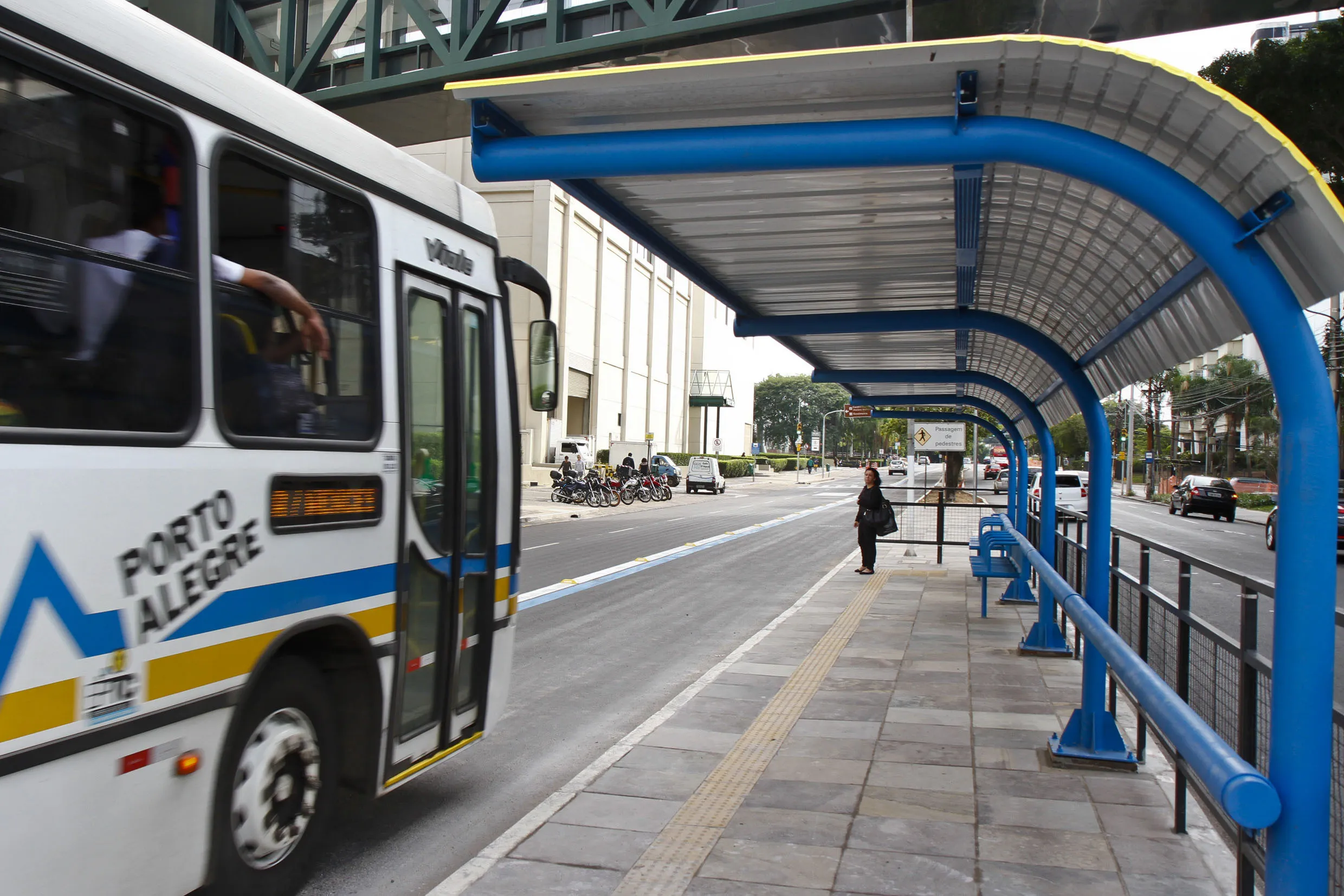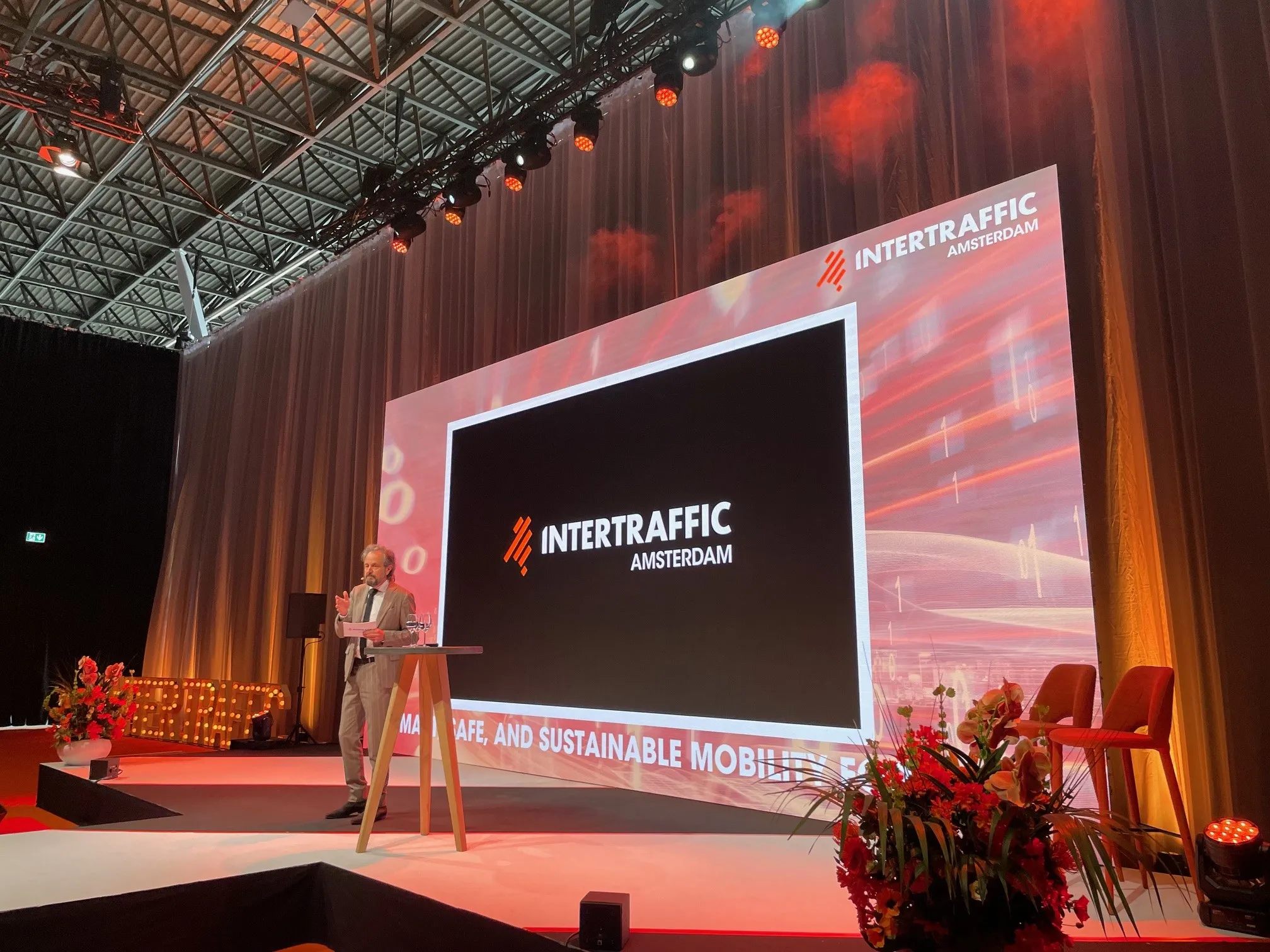
The city of Porto Alegre in Brazil has become the first in Latin America to use Optibus software to plan and schedule public transportation citywide.
Empresa Pública de Transporte e Circulação (EPTC - the Department of Urban Mobility within the Public Company of Transport and Circulation) says the solution, including the On-Time Performance feature, will be rolled out across the 11 transportation operators which manage Porto Alegre’s public bus network.
The network transports 114.6 million passengers annually, with 2.8 million bus trips per year, and Optibus’ cloud-native platform is expected to make compliance with regulatory requirements - such as service frequency and regularity - more transparent.
“This is another important step forward in our ‘More Transport’ programme, which, together with the daily analysis that we conduct, will be fundamental for us to continue improving public transportation and delivering better services to passengers,” said Adão de Castro Júnior, secretary of urban mobility of the city of Porto Alegre.
The modernisation will "enable our operators to reach new levels of operational quality, service reliability, and passenger satisfaction", says Tula Vardaramatos, president of the Association of Passenger Transporters (ATP), a non-profit entity that represents private bus companies operating in Porto Alegre.
"By partnering with ATP in Porto Alegre, we reaffirm our commitment to transforming public transportation and supporting transportation companies and regulatory bodies in their mission to offer high-quality, sustainable mobility across the city," said André Vieira, regional director of Optibus in Brazil.
Porto Alegre is the capital of the state of Rio Grande do Sul









